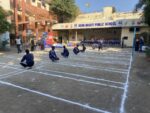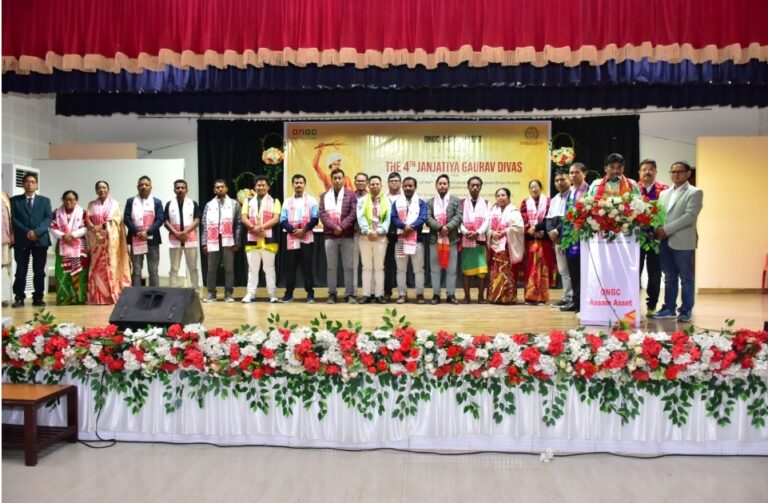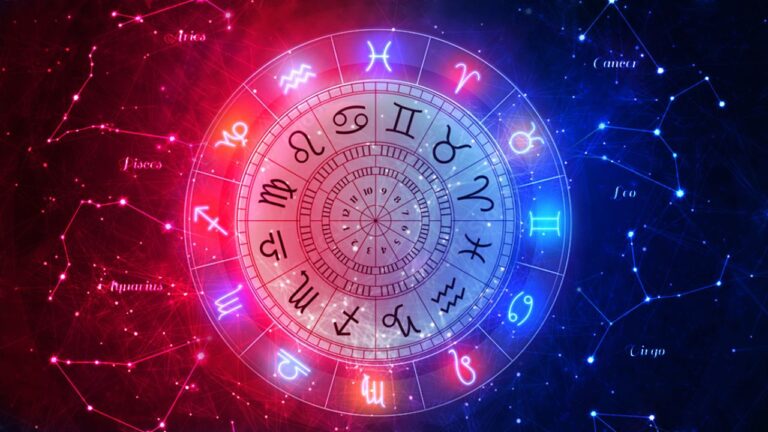The World Bank on Tuesday said it will provide $400 million assistance to enhance support for the Namami Gange programme that seeks to rejuvenate the Ganga river.
The Second National Ganga River Basin Project (SNGRBP) will help stem pollution in the iconic river and strengthen the management of the river basin, it said in a release.
“The $400 million operation comprises a loan of $381 million and a proposed guarantee of up to $19 million,” it said.
The agreement for the $381-million loan was signed on Tuesday by Sameer Kumar Khare, additional secretary in the Department of Economic Affairs on behalf of the Government of India and Qaiser Khan, acting country director, India, on behalf of the World Bank. The guarantee instrument will be processed separately.
The World Bank has been supporting the government’s efforts since 2011 through the ongoing National Ganga River Basin Project (NGRBP), which helped set up the National Mission for Clean Ganga (NMCG) as the nodal agency to manage the river, and financed sewage treatment infrastructure in several riverside towns and cities, it added.
“The continuity provided by the Second National Ganga River Basin Project will consolidate the momentum achieved under the first World Bank project, and help NMCG introduce further innovations, and benchmark its initiatives against global best practices in river rejuvenation,” said Rajiv Ranjan Mishra, director general of the National Mission for Clean Ganga.
According to the release, the Ganga Basin provides over one-third of India’s surface water, includes the country’s largest irrigated area, and is key to India’s water and food security.
Over 40 per cent of India’s gross domestic product is generated in the densely populated Basin.
Over 80 per cent of the pollution load in the Ganga comes from untreated domestic wastewater from towns and cities along the river and its tributaries, it said.
The SNGRBP will finance sewage networks and treatment plants in select urban areas to help control pollution discharges.
These infrastructure investments and the jobs they will generate will also help India’s economic recovery from the COVID-19 crisis, the World Bank said.
The project will also help NMCG develop state-of-the-art tools to help manage the river basin more effectively.
The USD 381-million variable spread loan has a maturity of 18.5 years, including a grace period of 5 years. The USD 19 million guarantee expiry date will be 18 years from the guarantee effectiveness date, the World Bank said.















